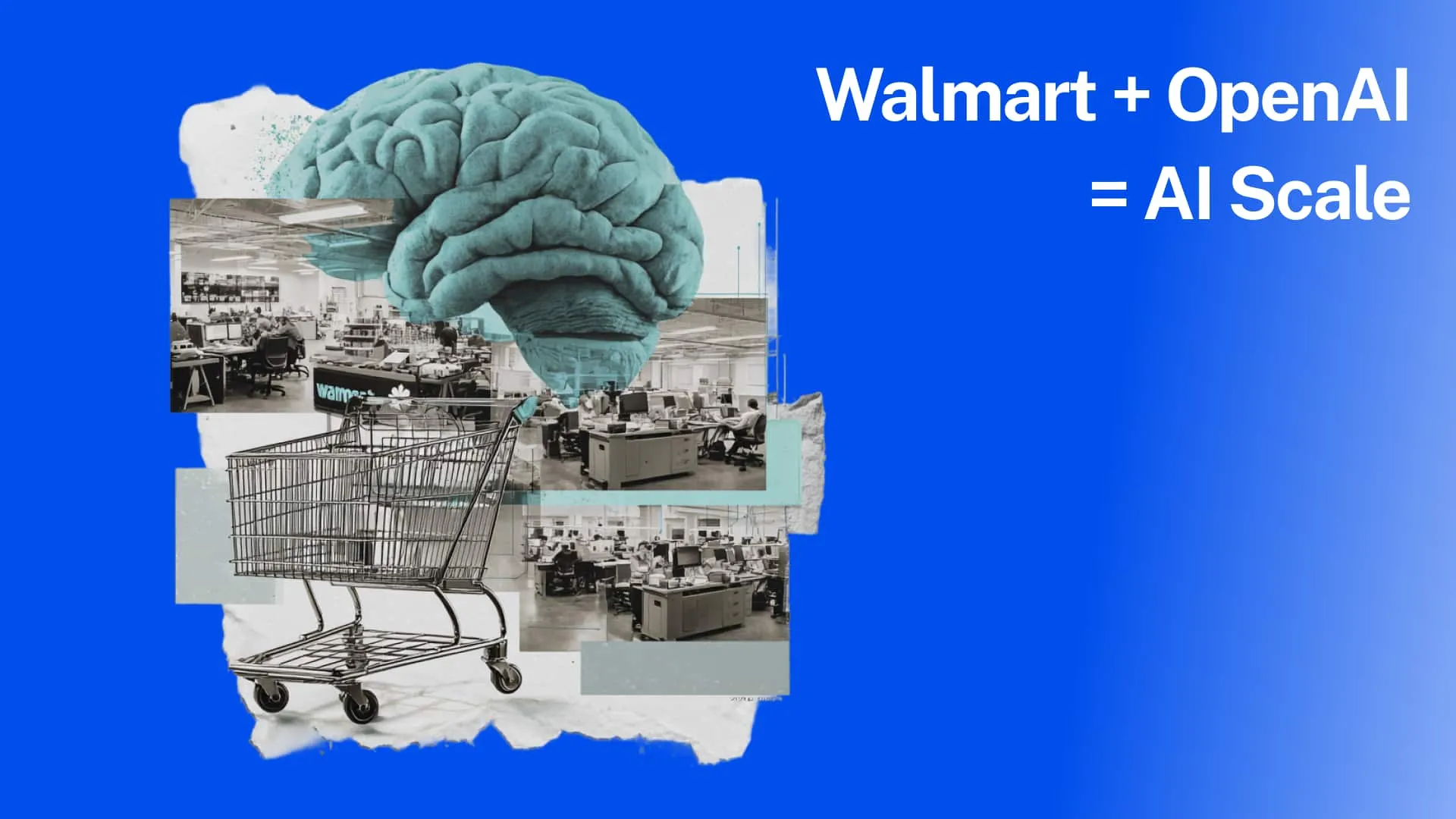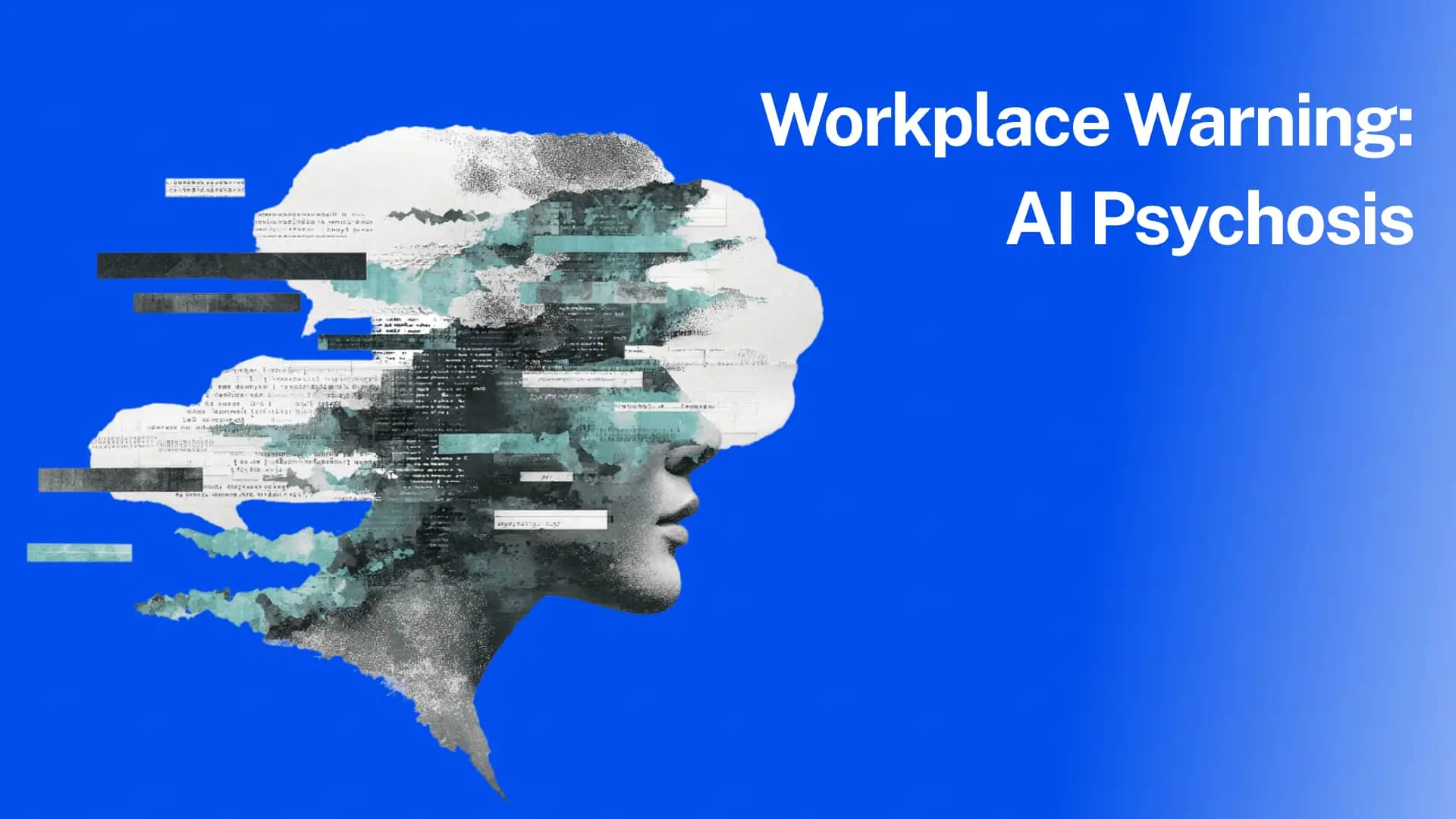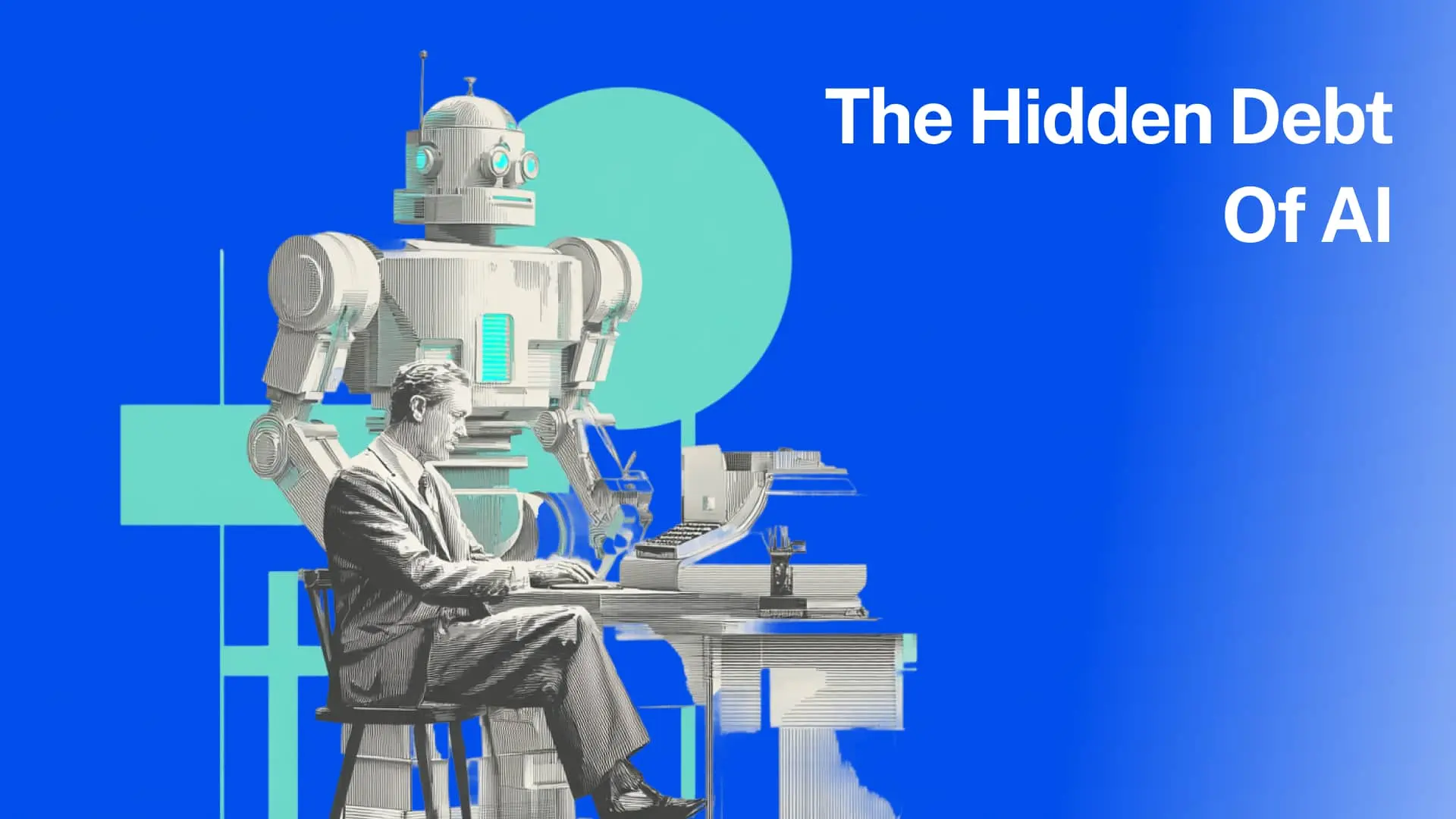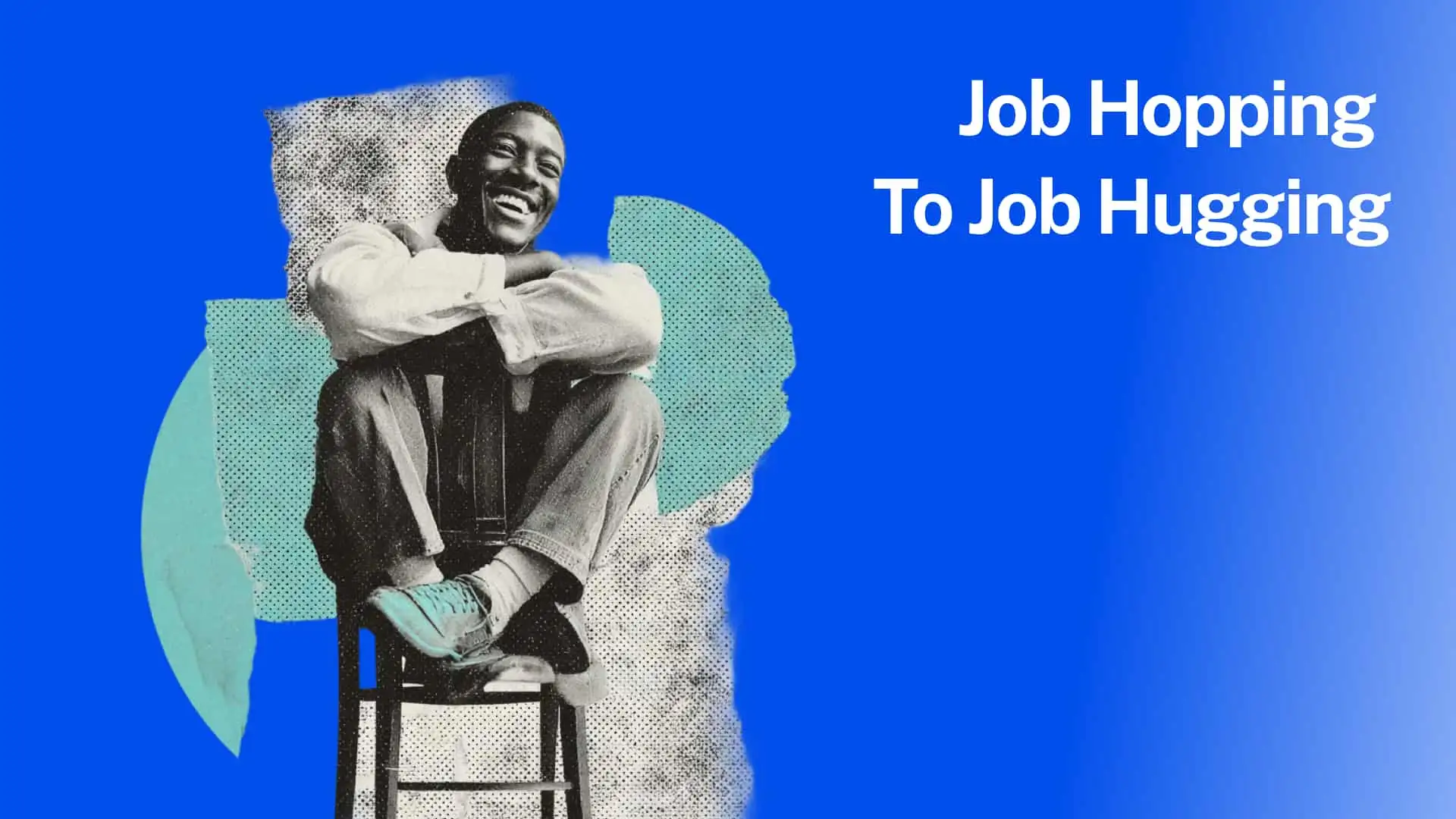Welcome to Future Work. Every week, I scan the news for must-know stories about the employee-centric, happier, distributed, and AI-driven future of work. Below is this week’s edition. Not a member yet? Join over 8,000 people-centric managers and subscribe here.
You can find the spoken version on Youtube, Spotify and Apple Podcast.
Have you heard about the latest Elon Musk prediction?
Here’s the scoop:
- During an interview with “talk show host” Rishi Sunak, Elon Musk predicted that AI would take over all jobs. The only reason to work, he said, is to feel like we have some kind of purpose.
- Two reports issued this year by Goldman Sachs and McKinsey, however, show that AI will only impact some jobs while others will even grow. Especially manual labor and creative jobs are safe.
- Futurists disagree about where AI will take us in the near future. Antony Slumbers says we should be unique human, while Alexandra Samual notes that she can foresee most of even her job to disappear.
- Managers who want to stay ahead in the future of work should not only embrace AI themselves but also train their teams, as data shows it’s surprisingly the Gen Z’ers who feel they lack the skills to take advantage of AI.
This week’s Future Work is presented by Reclaim.AI.
Reclaim is a new AI scheduling automation app that finds the best time for your meetings, tasks, habits, & breaks.

Square, GitHub, Zendesk and 30,000 other companies use their Smart AI scheduling technology for busy teams.
Try it today, for free.
PS: FlexOS is opening up its platform for a first month-long sponsor takeover. Want to reach 20k+ tech-forward, people-centric leaders? Contact us.
A Jobless Future? Interrogating Musk's AI Prophecy
What would you give to never read an email or attend meetings again?
At the Charter Workplace Summit 2023, Microsoft’s Jared Spatero shared that as an AI leader at Microsoft, he gets access its AI tools about 9 months ahead of everyone else.

His daily experience, therefore, gives us a great view into the real future of work.
Jared shared that he doesn’t read email anymore. Just like he doesn’t attend most meetings.
Instead, he asks Copilot (Microsoft’s AI) what’s most pressing in his inbox or what happened in certain meetings.

And Jared predicts this is how most people will work within the next two years.
As Copilot officially rolled out to Enterprises last week, the acceleration of AI will likely start soon.
Because, the availability of AI in existing software, rather than funky startups, unlocks one of the three key barriers to AI adoption alongside understanding AI benefits and improved digitization of companies.
(Note: AI is developing rapidly. Take a look at our six must-know AI trends in 2024.)
A Jobless Future?
This AI acceleration leads us to the question – if AI is so good at doing what we do, is there a risk it takes over our jobs completely?
Yes, according to Elon Musk.
In a conversation with UK’s Prime Minister Rishi Sunak, Elon claimed that human labor will become obsolete.
He said that AI is the most disruptive force in history, and that for the first time, we will see something that’s smarter than the smartest human.
Most depressingly, he added:
“There will come a point where no job is needed. You can have a job if you want to have a job for personal satisfaction, but the AI will be able to do everything.” – Elon Musk
In the same week of Biden’s first AI executive order requiring safety checks and further research and Kamala Harris’ $200 million fund for AI advancements, Musk's comments certainly stirred the conversation.
Musk and AI: a “Cassandra”
Musk has been a credible voice in AI for over ten years – when in 2012, he met Demis Hassabis, the co-founder of Deepmind, now Google’s AI research lab.
In 2015, Elon was a founding co-chair of OpenAI. He contributed to OpenAI's $1 billion funding but left in 2018 due to conflicts of interest as Tesla started employing AI technology to fuel the cars’ self-driving abilities.
After leaving OpenAI, Elon became increasingly critical of OpenAI's direction and signed the request for pausing AI development alongside 10,000 signatories including Steve Wozniak.
As Elon said in the Sunak interview: "I've been somewhat of a Cassandra for quite a while."
(Cassandra, I had to look up, was a Trojan priestess who was shared prophecies but was cursed so that no one would believe her. “A Cassandra,” therefore, is someone who shares concerns about the future but isn’t believed.)
Could AI take over all our jobs?
So now to the question: could AI reasonably take over all our jobs, as Elon prophesized?
No, according to research from Goldman Sachs I shared before.
Goldman researchers Joseph Briggs and Devesh Kodnani found that AI could expose two-thirds of current jobs to some degree of automation, estimating that AI will disrupt up to 300 million, or 18%, of all jobs globally.

And, they say, not every job is equally affected.
The Goldman Sachs research anticipates AI will automate nearly half of the administrative and legal tasks. And indeed, in a first for the legal industry, we saw an AI negotiating both sides of a contract this week.
But, as the study notes, only a small percentage of tasks in the construction and maintenance industries will be affected.

New McKinsey research by Kweilin Ellingrud and team shows a similar delineation by industry, concluding that AI will “take over dull or unpleasant tasks, so that people can be left with more interesting work that requires creativity, problem-solving, and collaborating with others.”
So, should we focus on what makes us human?
Speaking of creativity.
In an ideal future, AI augments human capabilities, not replace humans entirely.
Futurist Antony Slumbers, who’s recently started to teach a Generative AI course for the real estate industry, said in our interview that this means that we should focus on what makes us unique as humans:
"We need to become exponential humans in the world of exponential technology. You need to look at what machines are good at and what a human's good at. Machines are good at anything structured, repeatable, and predictable. Humans are good at design, imagination, inspiration, creation, empathy, intuition, innovation, abstracts and critical thinking, collaboration, social intelligence, and judgment. These are the primary human skills in worlds where machines do everything structure, repeatable, and predictable." – Antony Slumbers, Work Futurist.
Author Alexandra Samuel isn’t so sure, though. In an upcoming conversation for the Future Work podcast, she shared that she thinks that even most of these jobs will be significantly affected:
“People say you should invest in innovation skills, creativity, work with intuition, and lean into the uniquely human things. That sounds like a good idea, and it might buy you six more months, but at the pace at which AI is evolving, I'm not confident that there's anything humans can do that people are going to continue to want to pay for, except physical things.” – Alexandra Samuel, Researcher, Writer, and Speaker
In the same conversation, Alexandra noted that we did this to ourselves. Especially in the past few years, we’ve digitized our jobs – making it easier for AI to take over.
Alexandra concluded that there perhaps is one thing AI can’t do.
“I have three careers: I'm a writer, I'm a speaker, and I'm a data journalist. The only piece of that I do not see AI being able to replace is speaking.” – Alexandra Samuel
Get started with AI – seriously
Who is right in this debate is to be seen, but AI is guaranteed to disrupt how we work as it develops at breakneck speed.
Even Sam Altman concluded after announcing impressive new features at OpenAI’s demo day:
“What we just announced will look very quaint next year.” – Sam Altman, CEO, OpenAI
So no matter to what degrees our jobs will be impacted or even exist: this discussion is a call to action for all of us to experiment more with AI.
Surprisingly, according to Microsoft data, especially Gen Z may need reassurance to use AI.
Because while we might expect the youngest working generation to be at the forefront of this technological shift, they are indeed falling behind.
65% of Gen Z employees say they don’t have the right skills to meet the demands of the AI era, compared to 50% among baby boomers.
In a Fortune article, Microsoft’s Jared Spatero, who we heard about before, suggests that to unlock the promised productivity gains of AI, we need to see it as a direct report rather than a search engine.
Since management is ‘getting things done through other people,’ we as managers and directors know how to think about a task for someone to execute, explain it to them, and check the work.
But for younger employees, this is new. Jared makes a great point that we need to train younger employees on the ‘manager mindset’ and get them comfortable in working with AI.
As leaders, we thrive when our teams do, meaning it would be wise to take action now and supercharge our teams with AI.
The Bottom Line
I was thinking about how to wrap up this story while getting a haircut.
Could it be that...
No. Anything is possible, but an AI cutting my hair?
I don’t think so. At least for now.
Too many professions are the physical work requiring physical presence that humans are uniquely good at.
But I am worried about anything in the digital realm.
To stay ahead in the future of work, even if you're still thinking how to use AI, actively embracing the tools ourselves and training our teams to do the same will increase performance and, hopefully, enjoyment.
See you next week, while we all still have jobs, like Tri, my hairdresser.
– Daan
Previous articles on this topic:
- Overview: AI in the Workplace
- AI in Management: How AI will change the way we manage (+37 tools to try)
- 10 AI Marketing Tools to Streamline Your Marketing Workflow
- Best AI Accounting Tools for Improved Accuracy and Efficiency in 2024
- Best AI Presentation Generators
- 6 AI Recruiting Tools for Smart and Effective Hiring
- The 10 best AI Productivity Tools to work smarter, not harder (some of my favorites)
- Our top 10 Free AI Websites to Work Smarter and Faster in 2024 (for common tasks)
- Barriers to AI adoption: Why are certain companies so slow to adopt AI?
- Women and AI: Why the data shows women are at risk of falling behind.
- From Coders to Writers: An honest look at jobs AI will replace
- 18 Ways On How To Use AI at Work in 2024 (+39 Tools Reviewed)
- 7 Free AI Tools to Make Your Work Life 10x Easier and Outwork Everyone
- Use our Prompt Generator to create 10x more powerful prompts and see more value from your ChatGPT usage.
- And another 7 Free AI Tools to Make Your Life 10x Easier











